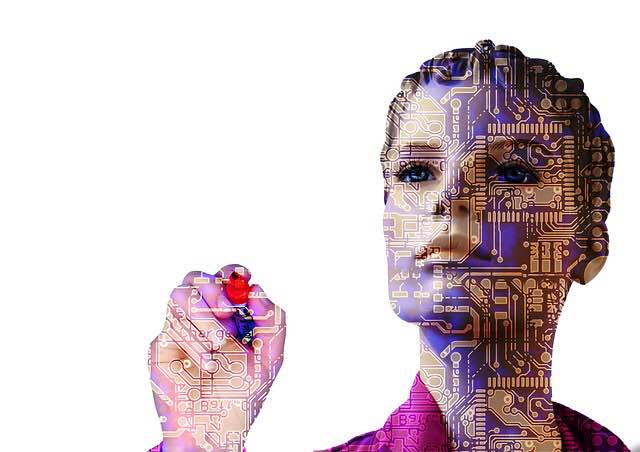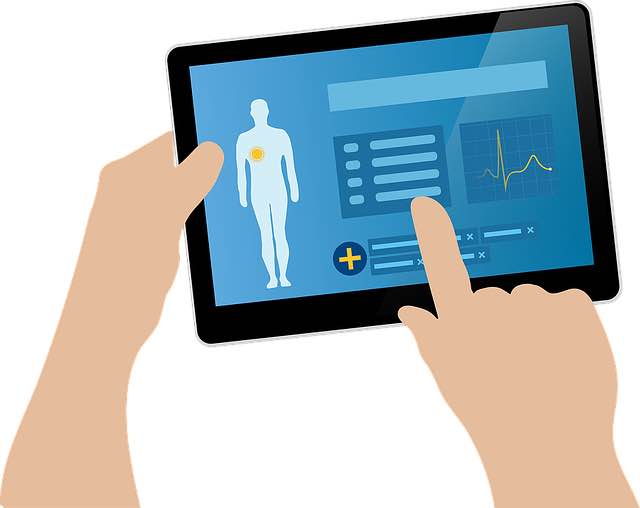|
“Artificial intelligence is growing up fast, as are robots whose facial expressions can elicit empathy and make your mirror neurons quiver” - Diane Ackerman The practice of medicine often challenges personnel to decide the correct course of action in patients with complicated problems. It is not just diagnostic dilemmas, but also deciding on correct management protocols and communicating a realistic a fairly accurate prognosis, which is called into question. Traditionally, doctors have relied on their own experience, literature, experiences of their peers and communication with more experienced people to arrive at decisions. This very complex problem solving has been the building blocks of medical practice. The brain has been the most intriguing organ to man and scientists have gone about trying to recreate the same using technology which was further accentuated with the arrival of the computer. Of all the modern technological quests, this search to create artificially intelligent (AI) computer systems has been one of the most ambitious and, not surprisingly, controversial. Scientists and doctors alike have explored the potential what this technology could have in medical practice. The staggering ability of computers to store, assimilate and process vast amount of data led to the hope and belief that one day, such computers may be able to assist and eventually surpass the doctor’s ability to make a diagnosis. Though this sounded attractive to some, it did stir some controversy. But all said and done, scientists and doctors alike had a bold vision by which artificial intelligence could revolutionize medicine and push forwards the frontiers of technology. There was of course initial euphoria, which was short lived. Much of the difficulty has been the poor way in which they have fitted into clinical practice, either solving problems that were not perceived to be an issue, or imposing changes in the way clinicians worked. It is yet impossible to replace the clinician at the bedside; yet artificial intelligence does have the potential to make a useful contribution. What is extremely important and being studied is to identify the specific areas of medical practice that are best suited to the introduction of artificial intelligence systems. Artificial intelligence (AI) is still in the very early stages of development and in so many ways cannot match up to the human intelligence. But today`s machines are capable of mining and crunching vast amount of data that is difficult for the human mind to do. The complex algorithms of artificial intelligence can be used to analyse electronic patient records and transform them into diagnostic and management tools.
Artificial intelligence is what gives computers the ability to learn, think, reason, and even understand human emotions, allowing computers to do more than just repetitive tasks. Therapeutic animal robots that have been developed to help Alzheimer’s patients which help nurture brain function by delaying cognitive problems that in turn improves quality of life, and reduces the reliance on social services. A very important contribution of AI is in reducing errors due to fatigue. A personal assistant that is able to alert physicians to such errors may help improve outcomes. AI assistants/programs could significantly reduce medical costs by eliminating office visits with online care. With virtual presence technology, using a remote presence robot, doctors are able to engage with patients and staff without actually being there. They are able to move around and interact almost as effectively as if they were present. This allows specialists to assist patients that may not be able to travel to see a particular doctor. The advent of AI in the earlier stages did lead to a sense of insecurity that doctors would no longer be required. However, AI no longer claims to substitute doctors but help the health care professionals by devising newer, more user friendly programs in the discharge of their day to day activities and help solve extremely complex problems in a quick and efficient manner, at the same time reducing costs. Insights gained by these devices can be useful to influence public health and thus policy decisions. There is a huge educative value to this as newer phenomena may emerge leading to creation of more medical knowledge. Currently, the best use in the ability to tap into data created by thousands of healthcare providers and patient visits as well as data on treatments other doctors have provided to patients with similar profiles and use this knowledge to build one`s own opinion. Watch this space!
0 Comments
Leave a Reply. |
AuthorsDebashis Archives
December 2016
|




 RSS Feed
RSS Feed
